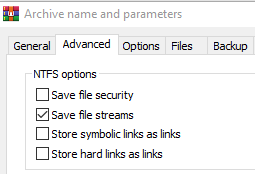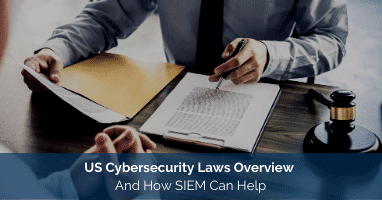Network, Endpoint, and Cloud DLP: A Quick Guide
At the beginning of 2019, 60% of companies responding to the Insider Threat Report survey reported that they were planning to implement a data loss prevention (DLP) solution. For a few years, organizations have been aware that they need to add data loss prevention (DLP) tools and software to their technology stack in order to safeguard sensitive information collected and stored` However, there’s a common misconception that DLP is just one “thing”.










